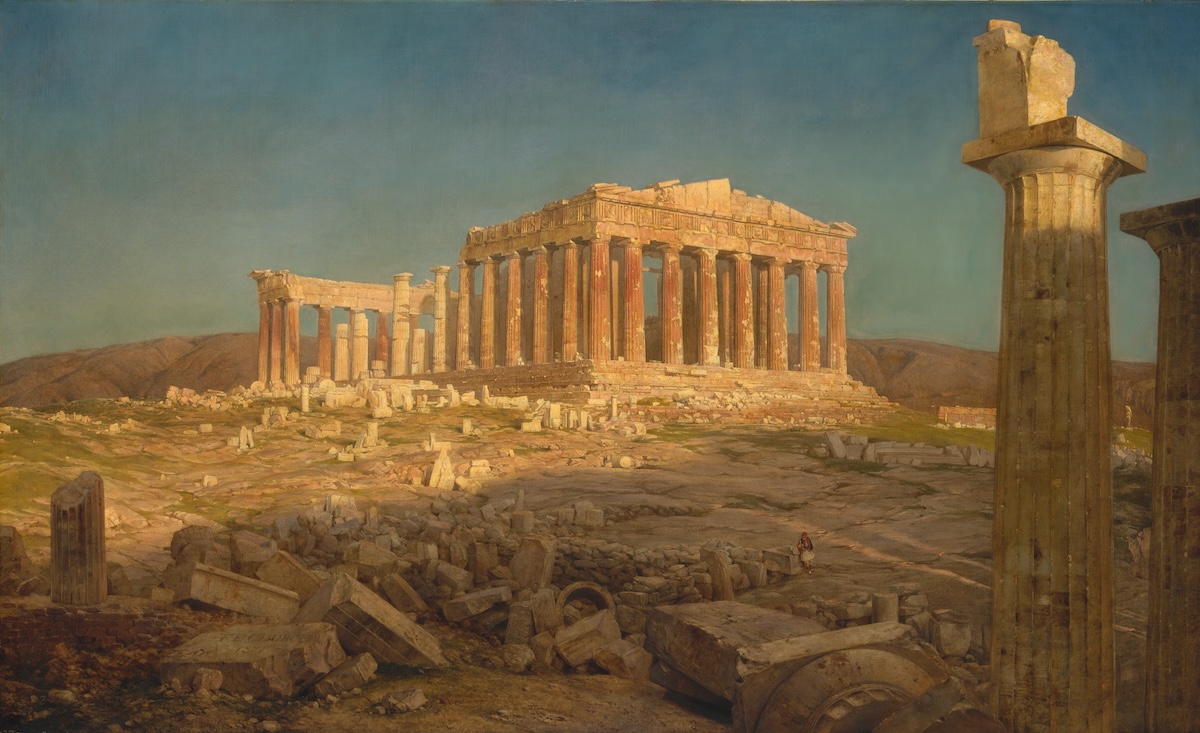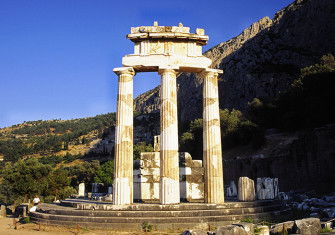The United States of Greece
The urge to create a Greek nation state goes back millennia. Its success depended on a shared notion of ‘Greekness’ across widespread city states.

The Ancient Greeks recognised that they were kin who shared a culture, yet their history is often one of internecine wars. Why did they not allow their acknowledged kinship to dictate a more peaceful form of co-existence? At the same time, there is an undeniable trend over the course of Greek history towards unity, especially in the form of federalism. Was this deliberate, in the sense that unity was seen as a desirable goal by the Greeks themselves, or was it a historical accident?
The underlying issue is that there was no national state called Greece in the ancient world. Most Greeks would have found such an idea alien. They considered themselves to be first and foremost citizens of their particular states. That was where they placed their loyalty, while the notion of a shared ‘Greekness’ or Hellenicity hovered somewhere in the background. When writers and politicians spoke of ‘Greece’, they sometimes meant the Balkan peninsula that we call by the same name. But they often used the term as an abstraction: the sum total of all Greeks wherever they were living, similar to the medieval concept of Christendom.







